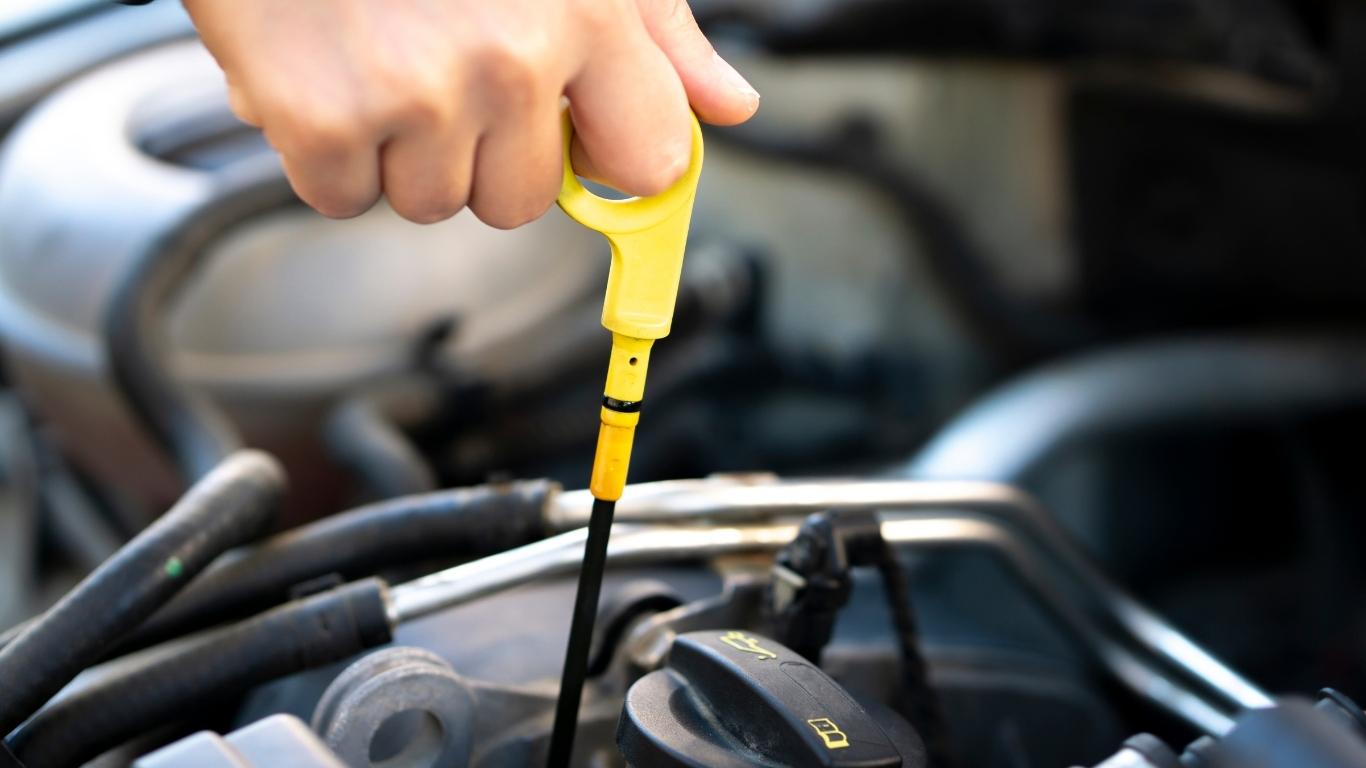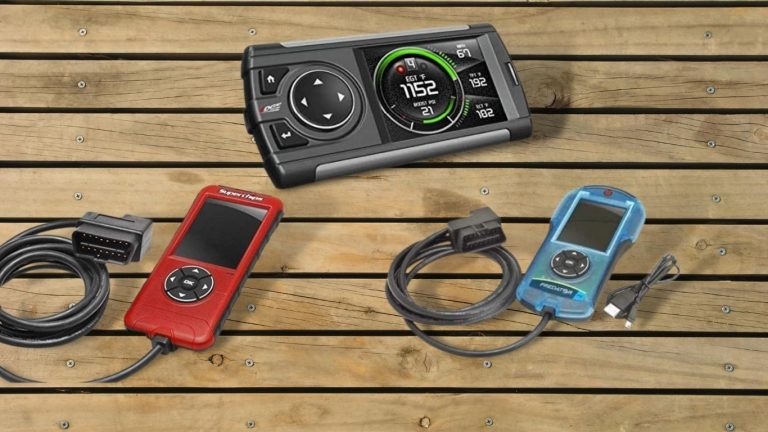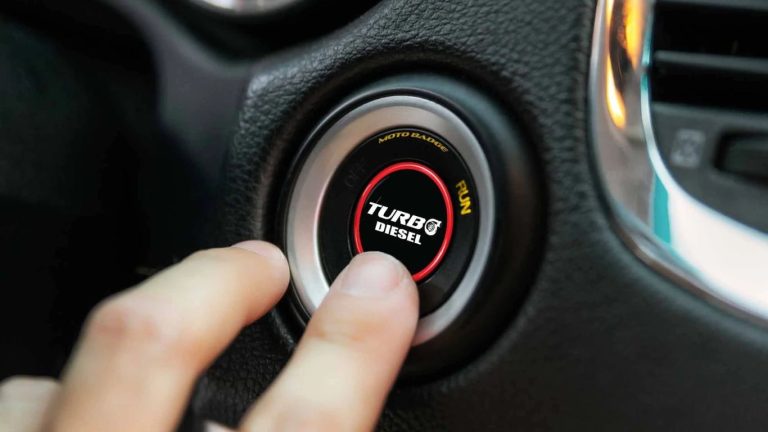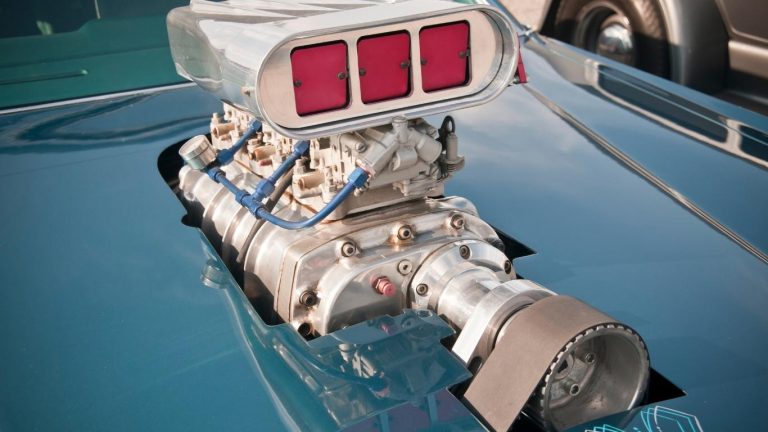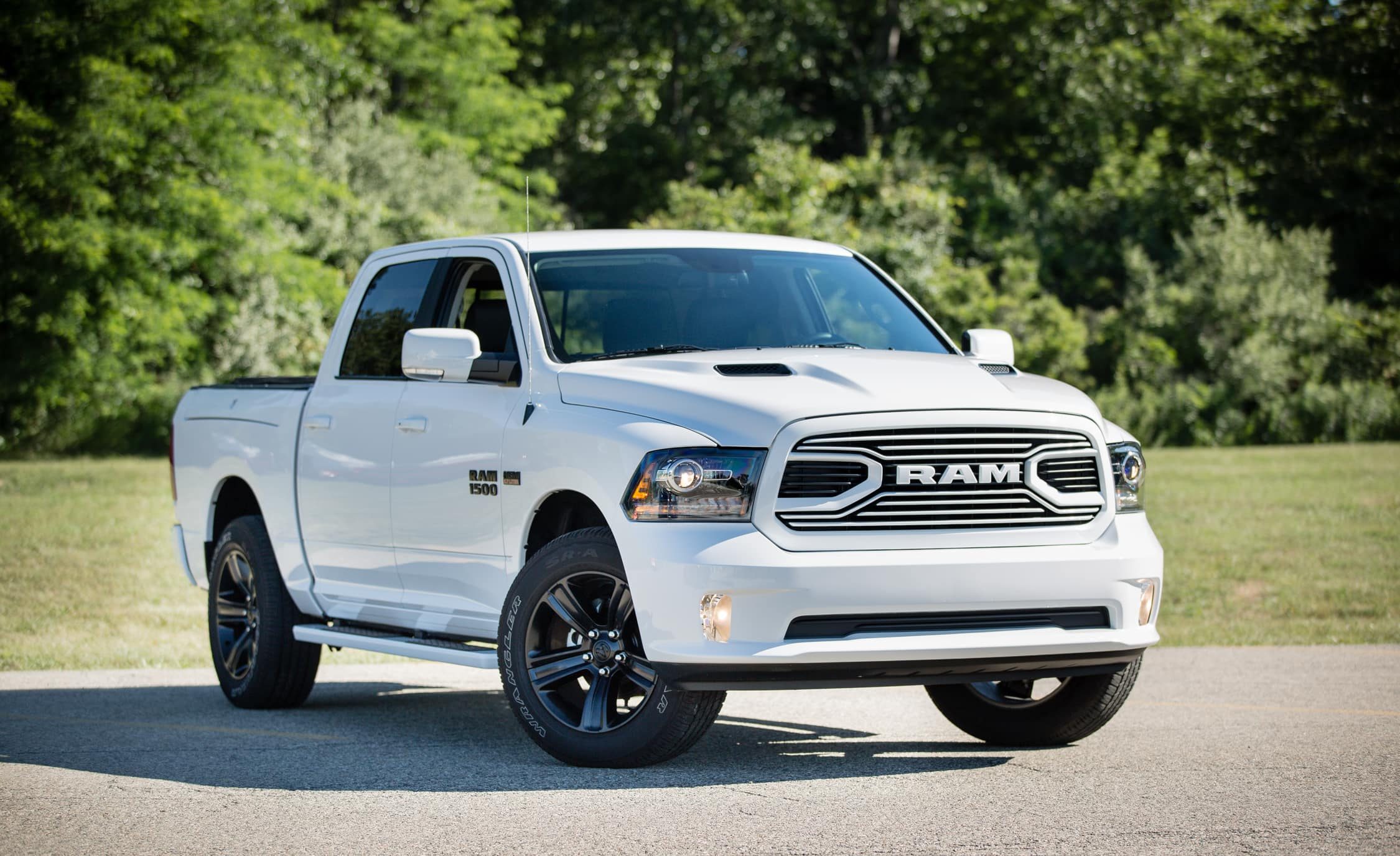Why Your HEMI Engine Burns Oil & How to Fix it!
The HEMI engine is a popular choice for many auto enthusiasts. However, a lot of HEMI owners complain about their engines burning oil. In this blog post, we’ll explore why this may be happening and what you can do to fix it.
One reason your HEMI engine may be burning oil is because of the way the engine is designed. The HEMI engine has a “hemispherical” combustion chamber, which means that the area in the cylinder where the spark plug ignites the fuel is shaped like a half-sphere. This design allows for more efficient fuel combustion, but it also creates more heat and pressure. This can cause oil to break down and burn faster.
Why does my 5.7 HEMI burns oil?
With engine design-related causes set apart, sometimes there are a few engine parts that, if goes wrong, can cause oil to burn. The top culprits in this list include:
- Faulty PCV valves.
- Coolant overflow.
- Wrong engine oil.
- Blown head gasket.
- Faulty spark plug (not to mention, HEMI has 16 of them).
Let’s dive deeper into this topic, so you know what I am talking about.
Possible causes of a HEMI engine burning oil
Faulty spark plugs
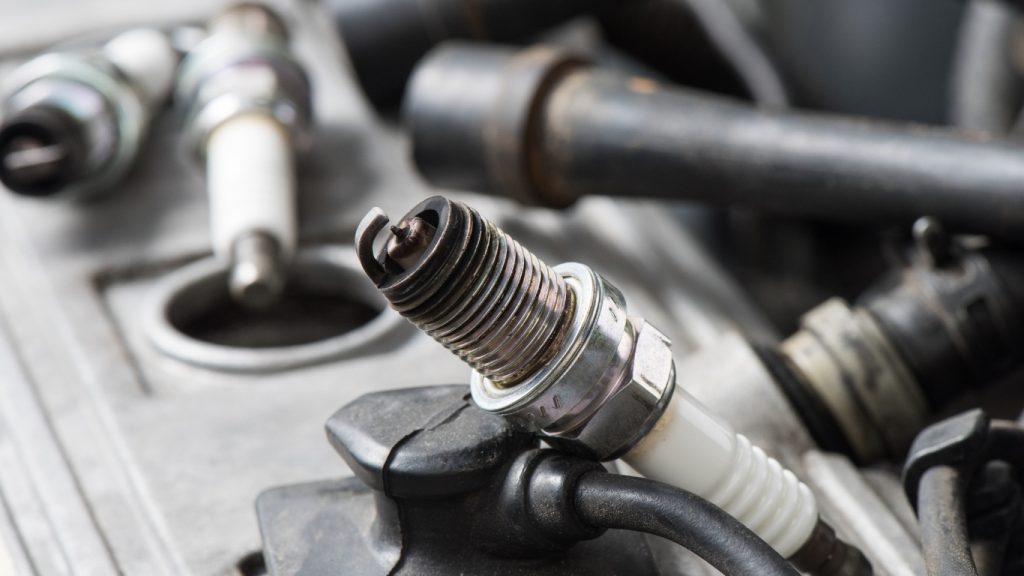
A HEMI engine can burn oil for several reasons. The most common cause usually is a faulty spark plug. When a spark plug misfires, it can cause the air/fuel mixture ignites prematurely, resulting in a ” lean” fuel mixture. This lean mixture can cause the engine to run hotter than usual, leading to oil burning. In addition, a misfiring spark plug can also cause the engine to “ping” or “knock.” Pinging and knocking can damage the engine over time and lead to oil burning.
The wrong engine oil type
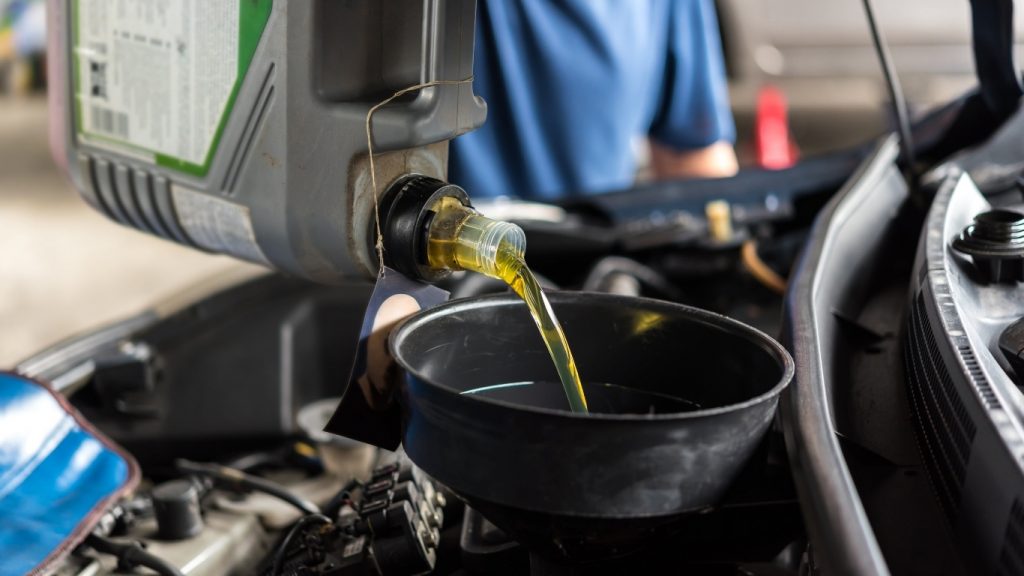
If you’re asking why my HEMI burns oil, it’s likely because you’re using the wrong engine oil. The HEMI engine is a high-performance machine requiring a specific oil type to function correctly. If you use the wrong type of oil, it can cause the engine to burn oil. This can lead to many problems, including decreased performance and increased wear and tear of the engine. It’s important to consult your owner’s manual or a qualified mechanic to ensure you’re using the correct type of oil for your HEMI engine.
PCV Valve
The PCV valve is responsible for regulating the pressure in the crankcase of an engine. When the engine runs, the PCV valve allows air to flow into the crankcase, equalizing the pressure inside and outside the engine. However, over time the PCV valve can become clogged or damaged, causing the pressure in the crankcase to build up. This can lead to oil being forced out of the engine, resulting in a burning oil smell. If you notice that your HEMI engine is burning oil, it’s likely due to a faulty PCV valve.
Blown head gasket
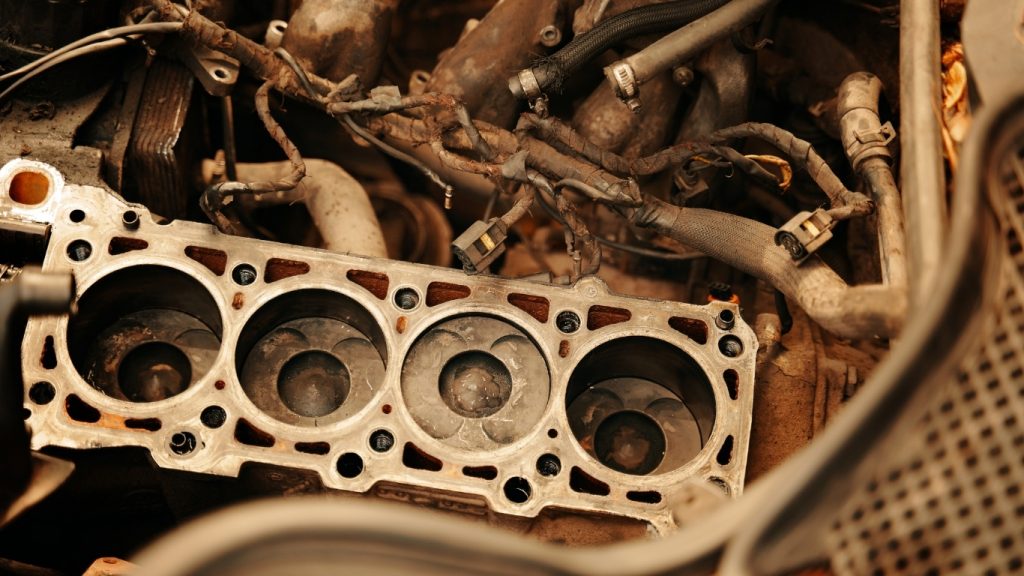
A blown head gasket can cause your HEMI engine to burn oil. The oil pressure in the engine is increased when the head gasket is blown. This increased pressure forces oil through the piston rings and into the combustion chamber where it is burned. Oil burning causes the engine to run lean and can damage the engine. You may also notice an increase in exhaust smoke and a decrease in fuel economy.
Coolant overflow
A coolant overflow can cause a HEMI engine to burn oil. The overflow can happen when the engine is cold, and the coolant is not at its proper level. The oil pressure sensor will turn on the oil light when this happens. The low oil pressure will cause the engine to run hot and burn oil. If this condition is not corrected, it can lead to engine damage.
How to fix an oil-burning HEMI engine?
Depending on what’s causing the increased oil consumption, the course of action can be chosen. Sometimes it will be due to one thing, or sometimes it will be more than one. Check out the common HEMI engine issues and fixes here.
- Change spark plug/s. If you think your spark plug is faulty, it usually accompanies other issues like engine misfire, poor start or/and acceleration, or increased fuel consumption. These problems are most likely due to a bad spark plug.
- Use only the recommended engine oil for HEMI. Wrong engine oil, whether low viscosity or higher than recommended by the manufacturer, will either increase the wear and tear of your engine or make it run hotter quicker due to not being able to efficiently keep the engine cool.
- Replacing the PCV Valve is a relatively simple repair that can help to prevent further damage to your engine – if that’s the culprit.
- If you discover that the head gasket is blown, it’s time to install a new one. Once the head gasket is replaced, the oil pressure will return to normal, and the engine will stop burning oil.
- The best way to prevent coolant overflow is to keep the coolant level checked and topped off as needed. If you have an overflow, be sure to clean it up immediately and consult a mechanic if unsure how to correct the problem.
If unsure of what’s causing the problem, it’s best to consult a qualified mechanic. They can diagnose the problem and recommend the best course of action.
Improve your HEMI MPG – this guide will help you with that.
Preventing Oil Burning in a HEMI Engine
If you have a HEMI engine, you may notice that it burns more oil than other engines. HEMI engine is a high-performance motor that runs at higher temperatures than other engines. As a result, it is more prone to oil burning.
You can do a few things to help prevent oil burning in your HEMI engine. First, ensure you are using the recommended oil and check the oil level regularly. Second, have your mechanic check the PCV valve and replace it if necessary. Finally, be sure to keep the coolant level topped off. Following these simple tips can help prevent oil burning and keep your HEMI engine running smoothly.
Slight oil consumption is typical, but it needs to be inspected if the consumption speed is high.

